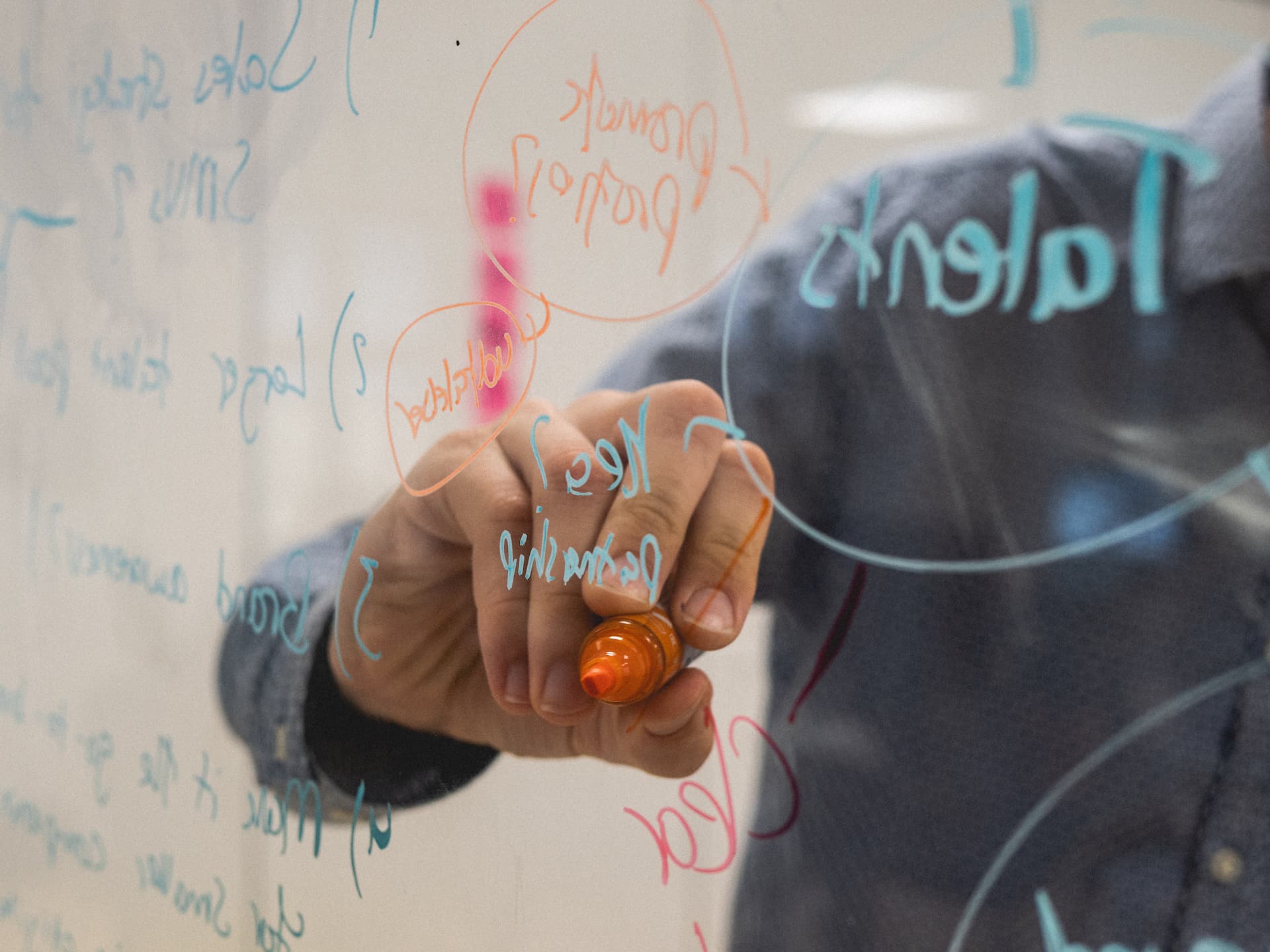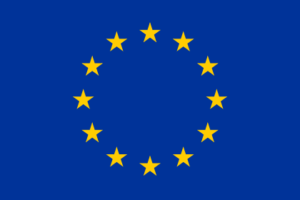Sharing information, gathering inputs, and nurturing collective reflexion. After the kick-off meeting last March, the STEP CHANGE Consortium will meet again on June 29 for a Multilateral Session to move a step forward towards the development of the Citizen Science Initiatives (CSIs). The CSIs, which will be implemented along the project’s timeline in Slovenia, UK, Germany, Italy, and Uganda, will tackle the issues of wildlife conservation, non-alcoholic fatty liver disease, energy communities, infectious disease outbreak preparedness, and off-grid renewable energy in agriculture.
The Session represents a transition point between two phases: the first one, which focused on the design of the CSIs as well as on the preliminary self-reflection process in which CSI teams have been involved; the second one, to be launched in July, zooming on the pilot actions required to launch the CSIs, such as the recruitment of citizen scientists and stakeholder engagement. Moreover, the Multilateral Session will also represent the occasion to collect inputs about training formats and tailored evaluation frameworks. During the implementation of the CSIs, in fact, a portfolio of training actions will be designed to facilitate transdisciplinary work, while the evaluation exercise will feature an open framework tailored to the characteristics and aims of each CSI.
Mutual learning is a key component of the STEP CHANGE project: exchanging about the process, sharing information, and discussing about potential challenges to overcome, will be amongst the main goals of the Session. Despite tackling diverse issues, in fact, CSIs share some key features and develop at the same pace. Furthermore, partners will reflect upon how to shift from Rough Plans to Research Design. The Multilateral Session will allow CSI teams to collect suggestions about the design phase, which will be launched in October, serving hence as a sort of collective peer-review.
The Session will feature two phases. During the first one, CSIs will have the chance to present their Rough Plans, to allow the whole Consortium to have a grasp of respective plans and to exchange about them, with the aim of sharing suggestions and collecting observations to improve them. The second one, on the other hand, will focus on training and evaluation. The main goal? Informing partners about the approach adopted, shedding light on the next steps to be undertaken, and stimulating the discussion with CSI teams to exchange about inputs to be provided along the way.

